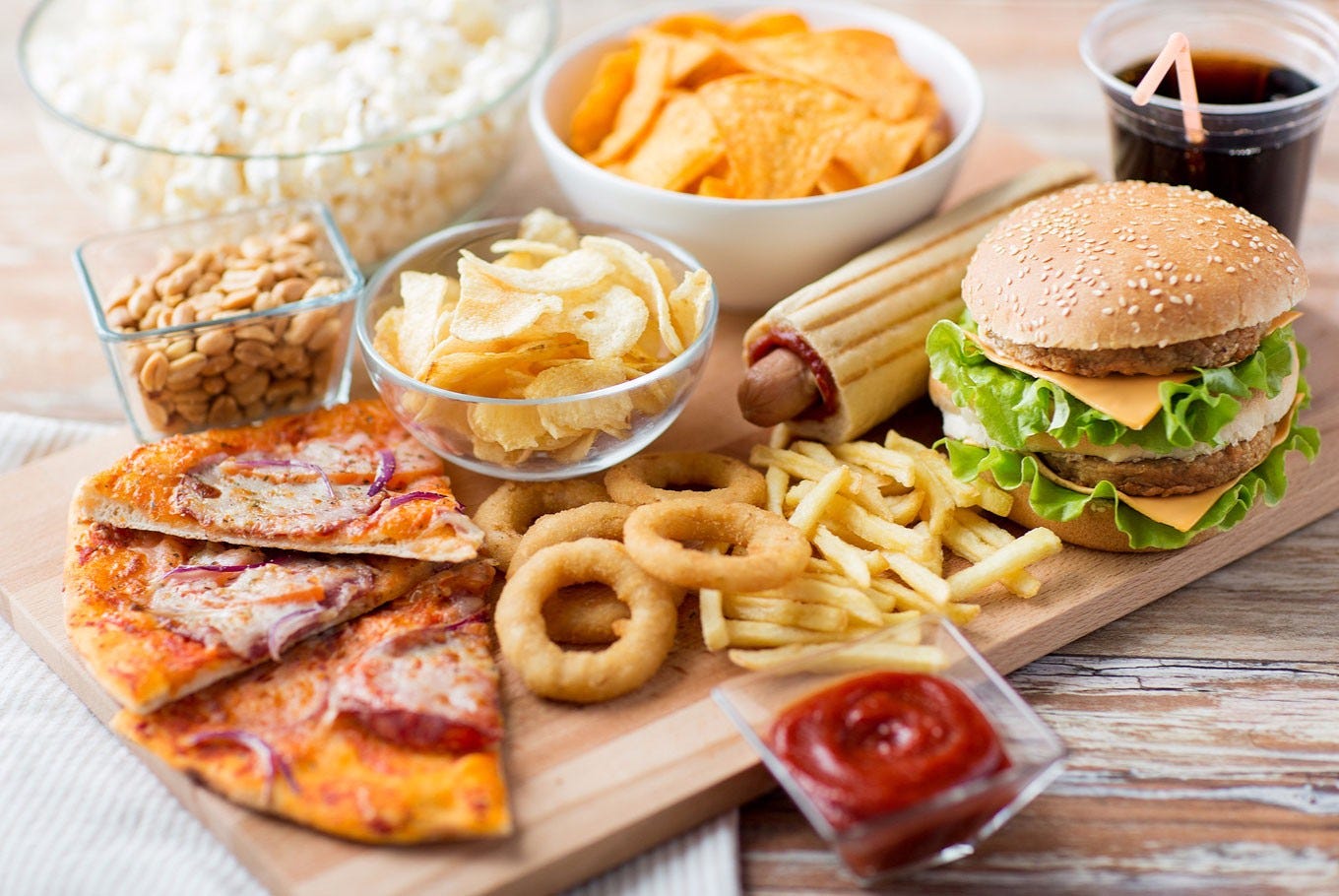In the neighbourhood where I live, there are schools: English college on Jalan Kolam Ayer and Sultanah Tun Aminah that are a stones throw from a KFC, a Mcdonalds and a 711 up the road. In developed countries this would be a matter of concern and civil society push back viewing this as large corporations targeting children and making them early addicts to a food system that is literally killing us.
Yes, addicts, because the food is formulated with amounts of sugar, salt and fat that creates psychological dependence. It is worrying that our palace and state bodies are major shareholders in these enterprises that have such an impact on our public health.
And yes, literally killing us. Type 2 diabetes, obesity, cancers - all food related health issues dominate the top ten reasons Malaysians die and why our children are unhealthy. They are prime contributors to non communicable diseases like obesity, heart disease and diabetes - this is not news, we have known this for over a decade . Malaysians are contributing their hard earned tax dollars to fund a public health bill biased towards dealing with Malaysians getting sicker with each passing year by fast food chains.
Studies indicate a strong correlation between frequent fast food intake and increased risk of obesity. Emerging evidence suggests a link between Ultra Processed Food consumption and certain cancers. Eating lots of fast food could also impact an individual’s mental health and make them more prone to depression and anxiety.
Antibiotics
Three quarters of the worlds use of antibiotics is in agriculture. While agriculture conglomerates claim that routine antibiotics help maintain the health of animals—and the CDC says “antibiotics should be used in food-producing animals only under veterinary oversight and only to address animal health needs, not to promote growth”—many advocates refute that position. Sick cows, for example, are removed from the food chain, per the USDA. And in fact, antibiotics actually help the animals grow faster, packing on pounds so they’re ready for market sooner. Fortunately, some restaurants, like Chipotle and Panera, have already taken a leadership position against this potentially harmful farming method. from here
Environmental Impact
These enterprises are also a major contributor to waste and contamination of the environment with every item individually wrapped - some with wrapping inside wrapping, threatening our food sovereignty and local food systems by literally changing the culture of what we eat that is usually sourced locally and profiting our local economy.
Instead, global chains, who make decisions based on price, source from wherever in the world that meets it's profit driven criteria disregarding carbon costs and ethics as suppliers and workers are strong armed into lower prices, lower wages and longer hours.
With snack and fried foods being the main offering - these chains are also major contributors to escalating demand for its principal ingredient: palm oil. Deforestation, displacement of wildlife and the haze that has dogged this region is the visible consequence of these food choices.
Governance & Leadership
We need to get a grip on the real problems of a fast urbanising world being colonised by large food corporations. Politicians and state agencies should not be partnering with them or supporting their efforts.
While other countries are fighting this with advocacy and policy changes like soda taxes which makes fast food more expensive, here in Malaysia government agencies are complicit in assisting these corporate food giants; success with cheap prices and easy availability in high traffic retail locations.
We need more informed leadership on this. Better public messaging in the US about healthy eating has made fast foods less popular which is why these corporations are targeting other countries like ours for business. More stringent policy has made fast food more expensive in countries like Mexico to curb this problem. How can we possibly pursue this intention which will raise the price of fast food if the government is also questioning price rises? Political leadership must take more action to reduce the fast food environment that encircles our citizens and their children to ensure they have better health outcomes. And this should be a direction to jointly pursue with our South East Asian neigbours.
What should we do instead?
Also on Jalan Kolam Ayer there are 2 sundry shops (kedai runcits) where locally sourced fresh produce is still available and many of the products they sell are out of decades of commercial habit sourcing from local suppliers. And there are still local cuisine shops and warungs, all much better choices for meals and snacks.
We should provide custom to them instead for another reason- the phenomenal success of fast food chains changes the values of commercial property in the areas that they colonise pushing out smaller, heritage enterprises unable to match the higher rents that property owners can now attract.
When this reaches its ultimate conclusion we will see what is currently a phenomena in first world cities - food deserts, increasing parts of the city where there are only fast food outlets and convenience stores selling unhealthy snack foods - and nowhere for people to buy fresh produce or inexpensive freshly prepared and heritage foods.
While waiting for leadership to do better - we can take action ourselves. Voting with our wallets, boycotting these global chains and redirecting spending to our local enterprises and food systems is also pressure on corporations who don't act in our best interests to shift direction and make better decisions so that even while we boycott them we continue to influence how they behave.





